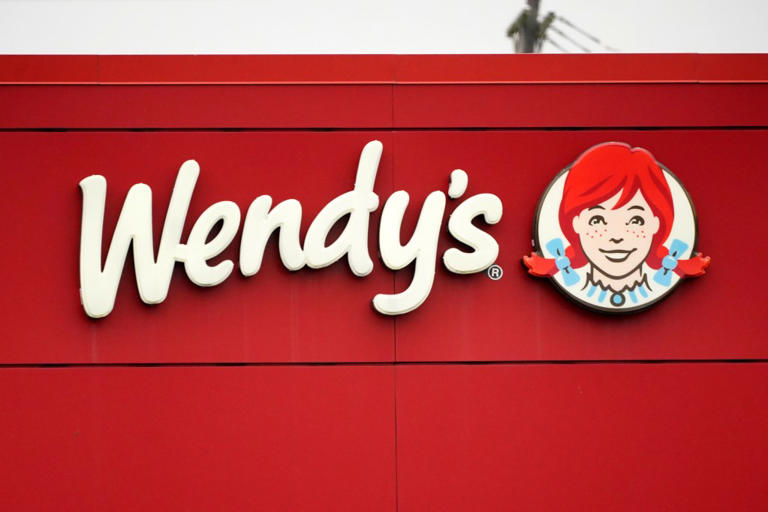The recent enactment of California’s $20-an-hour minimum wage law has spurred a significant response from fast-food establishments statewide, resulting in notable price hikes for menu items. According to a comprehensive report by Kalinowski Equity Research, several prominent fast-food chains, including Wendy’s and Chipotle Mexican Grill, have opted to adjust their menu prices in light of the new labor regulations.
Wendy’s, for instance, opted to increase its menu prices by approximately 8%, while Chipotle implemented a similar strategy with a roughly 7.5% price hike. Starbucks, Burger King, and Taco Bell were among the other notable brands that followed suit, implementing price increases ranging from 2% to 7%. These adjustments reflect the economic pressures faced by businesses striving to comply with the higher labor costs mandated by the minimum wage law.
The report conducted a detailed analysis of price differentials for various menu items across multiple locations for each chain, revealing substantial increases in consumer costs. For instance, Chipotle’s popular Chicken Burrito witnessed an 8.3% price surge, while Wendy’s saw an average 8% increase in prices for staple offerings like the Dave’s Combo and Classic Chicken Sandwich Combo.
Despite the widespread implementation of price adjustments among fast-food chains, McDonald’s stands out as an exception, with minimal alterations to its menu prices. A comparison of prices at McDonald’s locations across California showed only marginal increases, if any at all. This suggests a deliberate approach by the company to refrain from passing on the higher labor costs to consumers, at least for the time being.
The rollout of the $20-an-hour minimum wage law has ignited fervent debates among pro-business advocates, who express concerns over potential layoffs and additional price escalations. However, proponents argue that such wage increases are crucial for ensuring a livable income for workers and addressing income inequality issues.
As the fast-food industry grapples with the implications of the new minimum wage law, consumers may continue to observe adjustments in menu prices across various chains. These developments underscore the broader economic ramifications of legislative changes on both businesses and consumers, highlighting the intricate interplay between labor regulations, operational costs, and consumer affordability in the fast-food sector.
